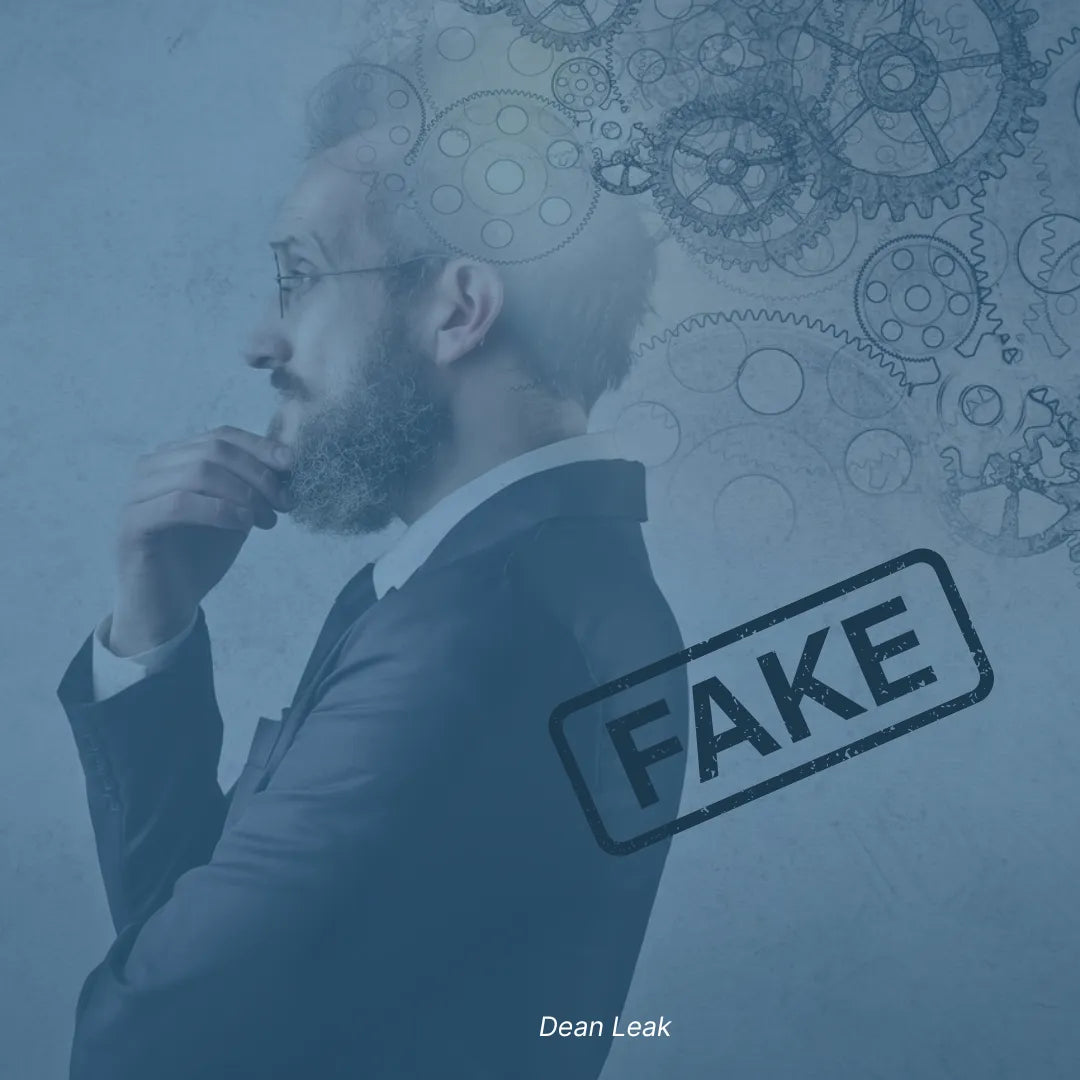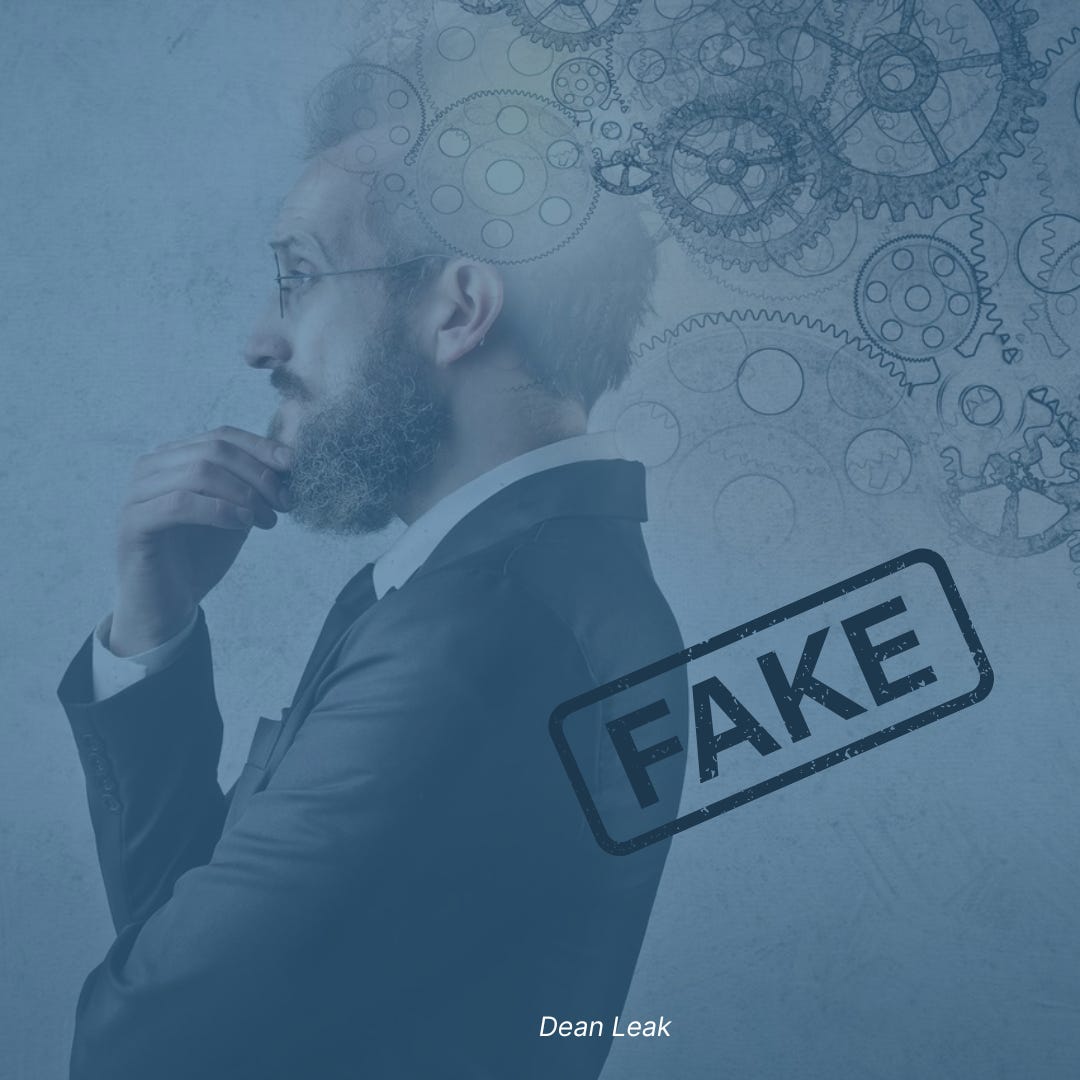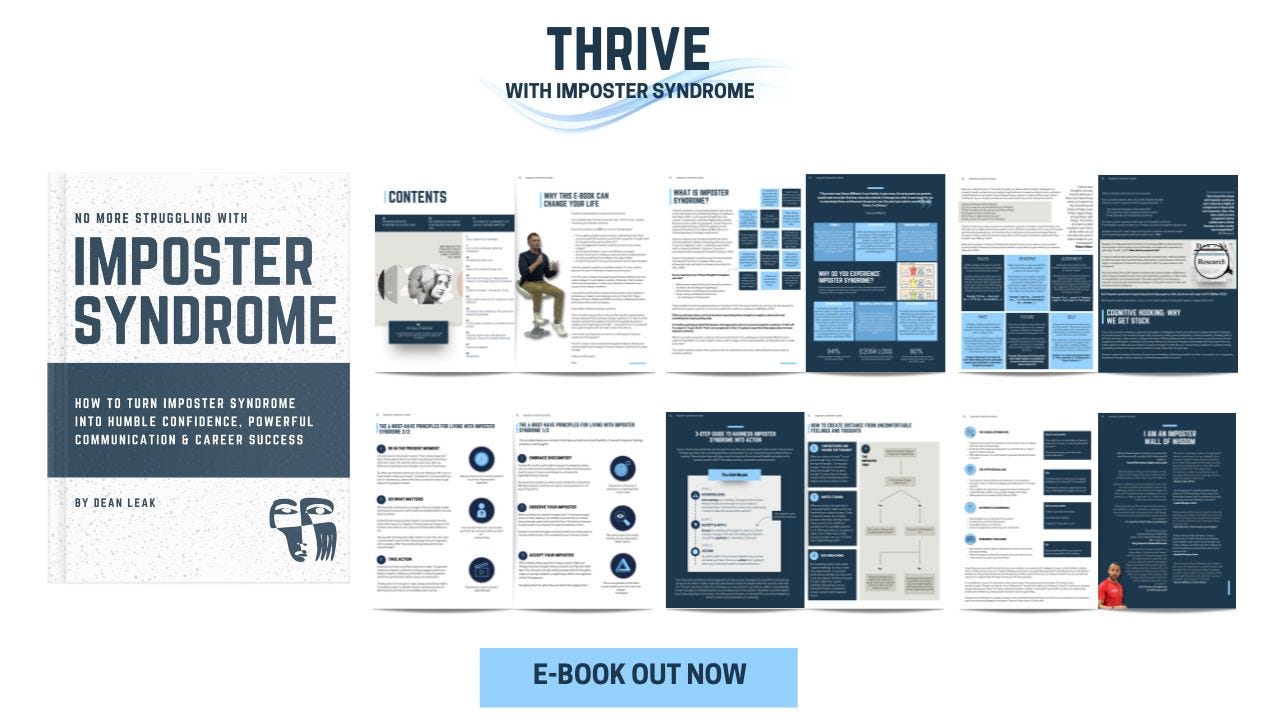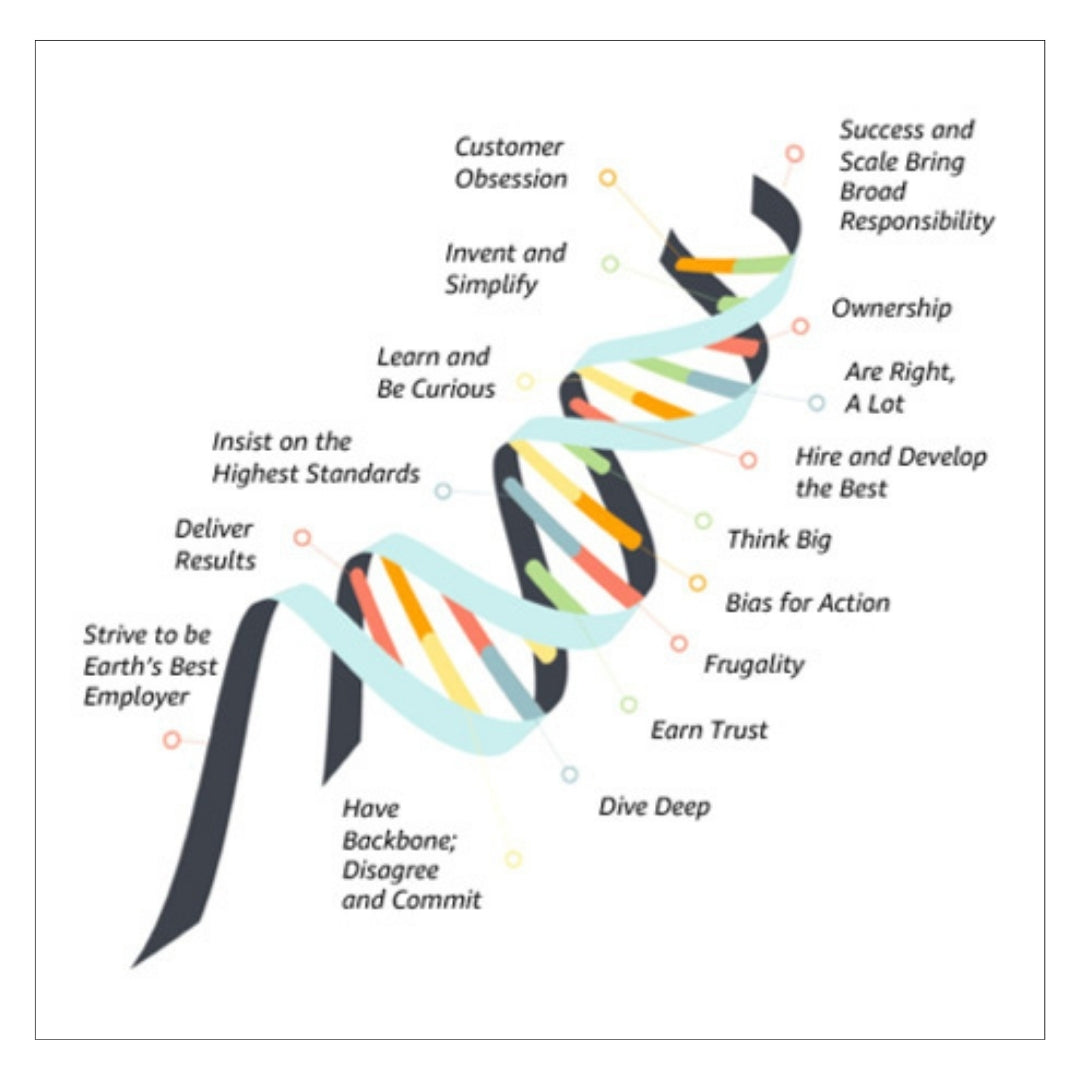Study finds an unexpected upside to the voice of doubt in the workplace.

Would you believe me if I told you that the thoughts like “I feel a fraud”, “I’m not good enough” and “I’ve been faking it all my life” make you a better team player?
And not only that, perceived doubt makes you appear more competent at your job than those who do not experience any self-doubt?
Well, new research from MIT, have found these perceived unhelpful imposter thoughts tend to compensate for strong social and emotional skills.
And guess what’s even more surprising? This perceived incompetence is viewed favourably by managers and leaders.

“Tewfik and her team surveyed employees… to see which of them harboured workplace imposter thoughts, while collecting employee evaluations from their supervisors. Those employees with more imposter-type thoughts were seen by their employers as working more effectively with their colleagues, with no drawbacks on their productivity overall.”
This study was then repeated across several different fields and the results were consistent.
By leaning into the feelings of inadequacy – rather than trying to fight or overcome them – and putting extra focus into inter-personnel communication, imposters can outperform their non-imposter peers in emotional skills, particularly empathy.

“A lot of people sort of paint [imposter syndrome] as this thing that’s holding you back. So, we would expect, for example, that maybe you’d be a poor performer,” says Tewfik. “There’s actually no significant difference [in competence] between those who are induced to have imposter thoughts and those who are not.”
Specifically, the skills they noticed in those experiencing imposter syndrome were: active listening, eye contact, quality questions, curiosity, critical thinking and being present in the moment.
In summary, self-doubt isn’t a bad thing. Self-doubt coexists with confidence and success.
Next time you feel like an imposter, remind yourself of the upside it plays. It may just be serving you.
And if you’re taking the next step, how can you build these emotional skills into super-strengths in personal and professional relationship?
Want start to turning feelings of doubt into fuel for success?
Start within less than 90 seconds by downloading my new e-book which offers a guide on how to rethink imposter syndrome.
Download now for just $24.00 $19.






